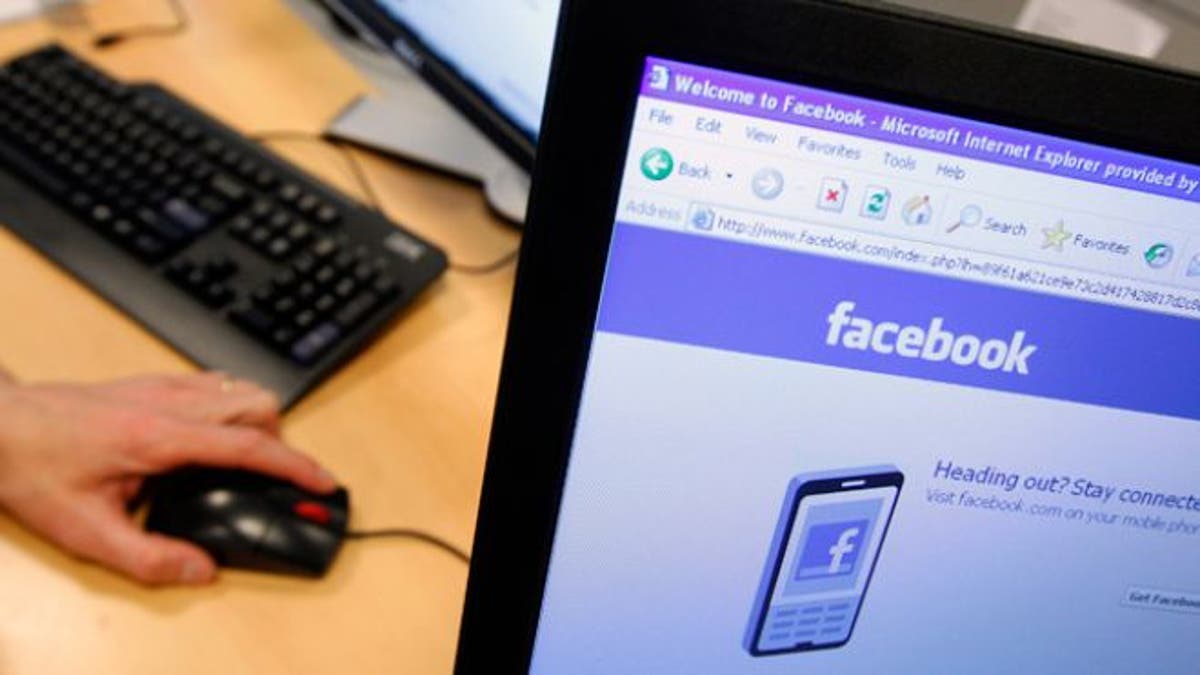
(Reuters)
CHICAGO – Seeking to keep pace with changing technology, Illinois toughened penalties Saturday for those who use social media and text messaging to organize violent "flash mobs" like those that have occurred on Chicago's Michigan Avenue and in other tourist areas.
Gov. Pat Quinn signed legislation doubling the maximum prison term for offenders to six years. The legislation was in direct response to recent incidents in downtown Chicago that left business owners fearful that tourists and other visitors would be scared off. Bill sponsor Rep. Christian Mitchell, D-Chicago, has said it will also make neighborhoods throughout the state safer.
"Nobody should have to worry about a violent mob attack when going about their daily lives," Quinn said in a written statement, calling the use of technology to organize such action a "troubling trend."
Police say groups of young people used Facebook and Twitter, as well as text messaging, to organize and publicize a mob action along Michigan Avenue in March. They say several hundred people — most of them teenagers — ran up and down the upscale shopping area, yelling and bumping into people.
In a separate incident, police said a woman was attacked and her purse stolen after a group used social media to promote a flash mob on a downtown Chicago commuter rail line.
"In the city of Chicago, gangs have changed," Mitchell said Saturday. "They are now using social networks to organize and mobilize violent activity. The intent of this legislation is to update our laws to reflect how people are using technology to organize crimes in our neighborhoods."
Opponents of the bill worried innocent youths could get caught up in a flash mob and then be hit with a harsh penalty. They also said it would be difficult for authorities to prove.
The law takes effect immediately and revises earlier guidelines that allowed judges to sentence offenders to anywhere from one to three years in prison. That range now changes to three to six years.




